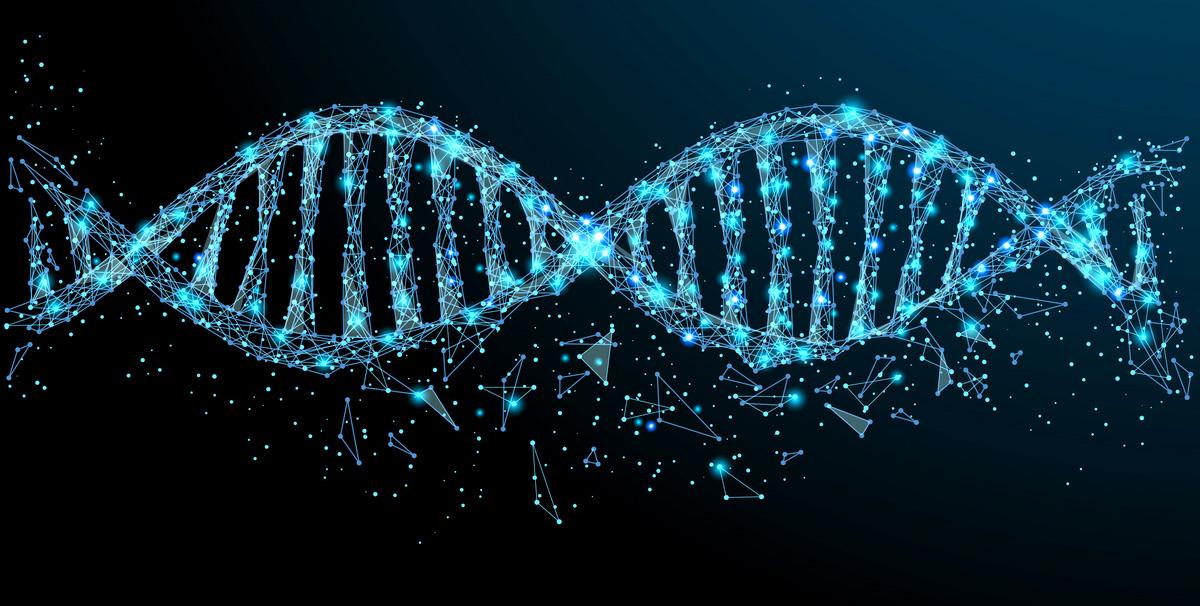
The Cascadia Data Alliance is a research collaboration with the leading technology, research, and medicine organizations in the Pacific Northwest. Launched in 2019, with funding from Microsoft, members include the Fred Hutchinson Cancer Research Center, BC Cancer, Knight Cancer Institute at Oregon Health & Science University, University of British Columbia Data Science Institute , and University of Washington eScience Institute. The Cascadia Data Alliance seeks to develop a robust regional data sharing ecosystem that has the potential to position the Pacific Northwest as a global leader in data-driven innovation in biomedical research and healthcare.
The first step was the creation of the Cascadia Data Discovery Initiative (CDDI) in 2019. In 2020, the Cascadia Data Alliance was delighted to announce funding for three Cascadia Collaboration Awards to cross-institutional teams at the Alliance’s member organizations. The early stage funding aimed to promote collaborations that may answer important scientific questions and to develop new ways for using technical solutions and best practices, data and methods standardization, and Azure cloud services that could be broadly applied in future research.
These projects are made possible thanks to support from Microsoft and institutional support from each participating organization. Microsoft is a partner in the Cascadian Data Alliance, aligned with the company’s strategic efforts to improve the health of people around the world by empowering nonprofits, researchers and organizations with artificial intelligence through the AI for Health program.